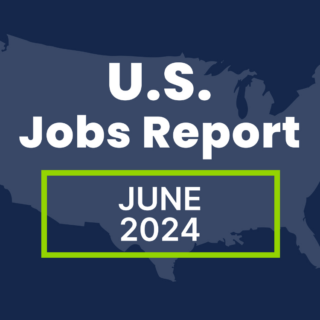New York City’s Freelance Isn’t Free Act took effect in May. It’s believed to be the first of its kind, and its impact will extend far beyond New York City.
The act covers all New York City based freelancers and the parties that hire them – regardless of where the hiring organization is based. This has big implications in the growing gig economy.
The act defines a freelancer as someone hired or retained as an independent contractor but excludes medical professionals, lawyers and sales representatives. It requires any contract worth more than $800, or more than $800 in a 120 day period, to be put in writing.
The contract needs to include the scope of work, pay rate, method of payment and the payment due date.
If a company or organization violates a part of the act, it gives the freelancer the ability to file a report with the city and possibly file civil suit to get payment. According to the act, as a part of that suit, the freelancer could also receive damages, reasonable attorney’s fees and costs. Companies are also prohibited from retaliating against any freelancers who exert any of their rights.
Freelancers are a growing part of the workforce. A recent survey by the Freelancers Union shows as many as 55 million Americans were freelancers in 2016. Companies are growing their contingent workforces. Some experts say other state and local governments could use the New York City act as a model for their own legislation.
Companies that are part of this growing gig economy need to have the right tools to stay in compliance.
You can read the full text of the act here.
Compliance Corner is a new feature on the PeopleScout blog. At least once a month, we’ll be featuring a compliance issue that’s in the news or on our minds. Understanding the patchwork of labor laws across the world is complicated, but it’s part of what we do best.



